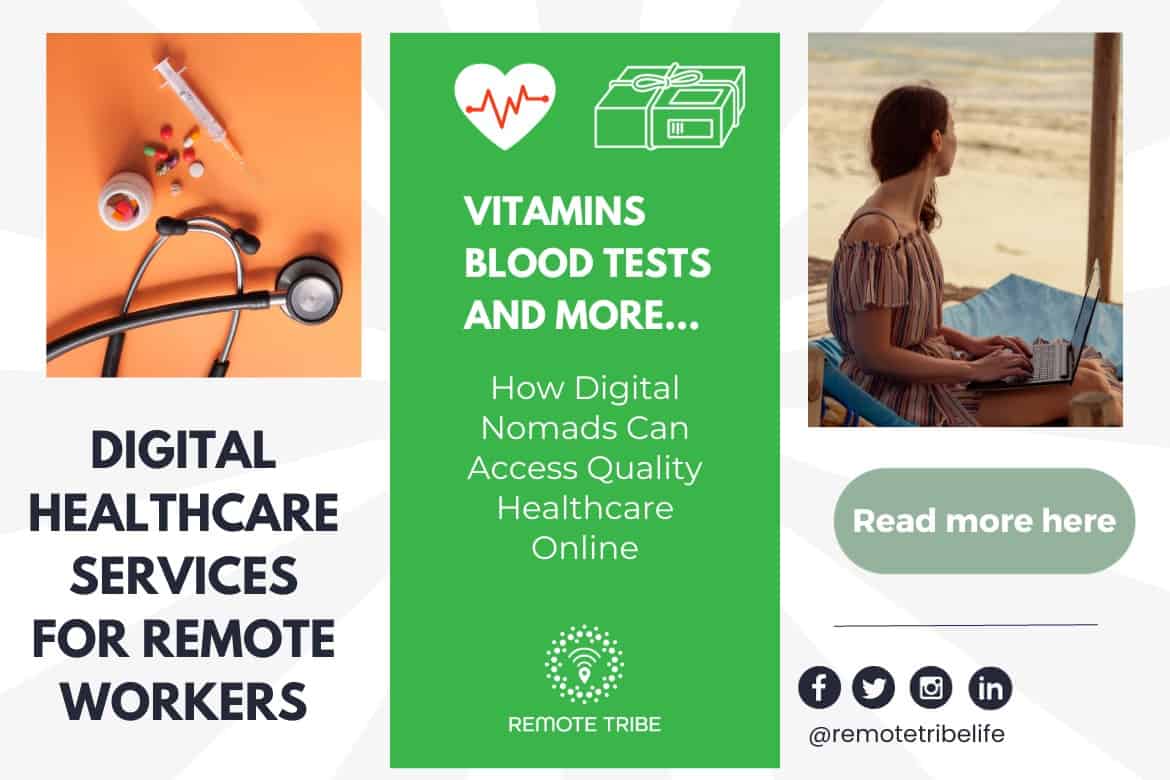A Comprehensive Overview to Subscription Based Healthcare: What You Required to Know
A Comprehensive Overview to Subscription Based Healthcare: What You Required to Know
Blog Article
The Surge of Subscription-Based Health Care and Its Effect On Person Treatment
As health care advances, the subscription-based model is obtaining grip, guaranteeing to revolutionize patient treatment by offering predictability and ease of access. These versions, which bypass typical insurance policy, could redefine the patient-doctor dynamic, emphasizing customized and preventative treatment. As with any type of development, they provide obstacles, especially worrying equitable access for all socioeconomic groups. The capacity for these designs to reshape medical care delivery increases pressing questions about their long-term sustainability and inclusivity. Are these registration services the future of health care, or do they risk leaving at risk populations behind? The complexities of this change warrant a more detailed examination.
Comprehending Subscription Healthcare Versions
Comprehending the concept of registration healthcare versions includes examining a transformative approach to medical solutions that highlights affordability and accessibility. These versions, usually referred to as straight health care (DPC) or concierge medicine, have actually become cutting-edge options to typical fee-for-service health care systems. Registration health care enables patients to pay a fixed monthly or annual cost for a defined collection of clinical solutions, which might consist of unlimited office brows through, routine examinations, and fundamental laboratory tests, without the demand for standard insurance payment.
The framework of membership health care designs is made to enhance client care by removing third-party payers and complicated payment codes, therefore decreasing management worries. Health care service providers can focus much more on individual treatment, cultivating more powerful patient-provider relationships. This model likewise advertises preventative care by motivating routine sees, as the financial challenge of per-visit fees is gotten rid of.
The membership version often equips healthcare service providers to manage smaller patient panels, enabling more customized treatment. It aligns monetary incentives with client health and wellness results, as companies are encouraged to maintain individual contentment and well-being. Overall, comprehending membership healthcare designs needs acknowledging their prospective to reshape exactly how care is provided and accessed.
Benefits for Individuals and Providers

For suppliers, subscription-based versions offer the opportunity to strengthen patient-provider relationships. With a steady income stream, medical care professionals can dedicate more time per individual, bring about a much more detailed and tailored treatment experience. This version likewise minimizes reliance above person quantities, alleviating burnout and enhancing work contentment. Additionally, the emphasis on preventive care within subscription strategies can lead to better client end results and decreased long-term healthcare expenses. By concentrating on continual treatment, suppliers can attend to issues before they rise, ultimately benefiting the health care system overall by minimizing the worry on emergency and acute treatment services.
Issues and difficulties
While subscription-based health care versions existing countless advantages, they additionally come with a collection of challenges and concerns that have to be addressed. This elevates ethical questions concerning equitable access to healthcare services.
Financial sustainability of subscription-based versions is one more worry. Companies have to balance the set income from registrations with the variable expenses of healthcare services, which might fluctuate as a result of unpredicted clinical requirements. This can produce stress to limit solutions or boost fees, possibly affecting individual contentment and care quality.
Furthermore, regulative oversight of subscription-based medical care models is still developing. The absence of standardized frameworks can lead to inconsistent service high quality and liability, making complex efforts to ensure patient security. The assimilation of innovation-- often a foundation of these versions-- elevates inquiries regarding data privacy and safety, as delicate patient information could be susceptible to breaches. Resolving these challenges is crucial for the fair and Extra resources effective implementation of find here subscription-based health care.
Influence On Patient-Doctor Relationships
One considerable effect of subscription-based healthcare designs on patient-doctor partnerships is the capacity for boosted continuity and customized care. By taking on a membership design, medical professionals can take care of a smaller sized patient panel, enabling for more dedicated time with each person. This boosted availability promotes a deeper understanding of a patient's medical background, way of life, and choices, making it possible for more tailored therapy strategies and treatments.

However, it is necessary to identify that while subscription-based designs may profit those that can manage them, they can accidentally expand medical care variations. Individuals who are not able to join these designs might experience lower access to individualized treatment, possibly influencing their relationships with doctor. Therefore, while the registration version provides encouraging advantages for patient-doctor partnerships, it also positions challenges that require to be dealt with to make certain fair health care access.
Future of Healthcare Gain Access To

The role of technology can not be neglected in this transformation. Telemedicine systems and digital health documents facilitate smooth interaction between people and doctor, breaking down logistical and geographical barriers. Furthermore, innovations in expert system and data analytics can better personalize healthcare by forecasting individual demands and optimizing treatment strategies.
Nonetheless, the future of health care accessibility additionally provides difficulties, such as making sure equity throughout different socio-economic groups. Policymakers and health care suppliers have to collaborate to bridge the digital divide, making sure that subscription-based designs stay inclusive and budget-friendly. As these systems mature, they hold the pledge of making medical care extra obtainable, reliable, and patient-centric.
Verdict
Subscription-based healthcare designs are improving individual care by providing a secure cost framework and improving availability. The rise of subscription-based medical care encourages positive individual involvement, which has the potential to boost client end results and fulfillment, signaling a transformative change in health care delivery.
As medical care develops, the subscription-based design is getting traction, promising to reinvent individual care by providing predictability and access.Subscription-based health care models supply distinctive advantages for both people and companies, improving the total healthcare experience.As medical care systems advance, the future of healthcare gain access to frequently hinges on the assimilation of innovative models and modern technologies.Subscription-based medical care versions are improving person treatment by offering a secure expense framework and improving access. The increase of subscription-based medical care urges aggressive individual interaction, which has the prospective to enhance patient end results and fulfillment, signaling a transformative change in healthcare shipment.
Report this page